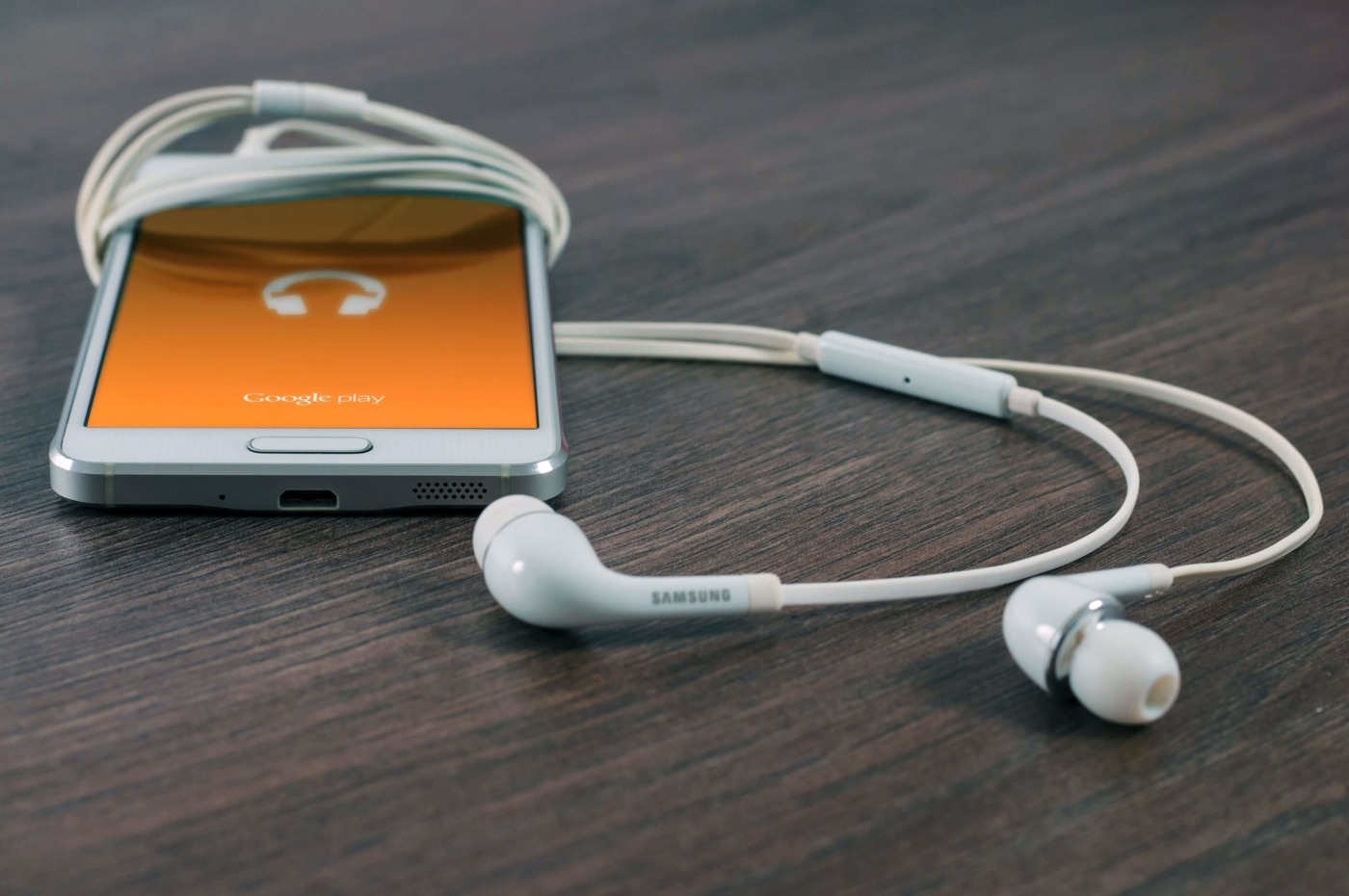Popular, portable and poignant: the beauty of podcasts
Cultural mediums are ways to fill the time we would otherwise have to spare. Going to the theatre on a Saturday evening can mask an otherwise dull weekend, watching the latest TV drama that has captured the nation’s attention can present the illusion of a fulfilling cultural life and reading a book before bed can hide an individual’s experience with insomnia, preventing them from ever getting a good night’s rest. The same undoubtedly goes for listening to the radio or to podcasts.
Though there is nothing visual to look at, it is inevitably a cultural experience which helps to pass the time. Just by having sounds, voices, music and debate to listen to can make an otherwise boring time fly by. There is always the potential to learn more, leaving the radio experience knowing more than you did at the start. Radio is also perfect for those who are lonely. By having a voice to listen to 24/7, that sense of insecurity and longing for others is made slightly better.
My mind is mentally stimulated and feels like it has learned something new
Podcasts are now valued just as much as radio, if not more. Young people, in particular, are far more likely to download podcasts for convenient listening rather than relying on live radio.
Whether it’s individuals recording a podcast from their bedroom or organisations like the BBC with multiple studios and presenters, podcasts look set for future success. Given hardly anyone had heard of a podcast just ten years ago, this is quite remarkable.
How, then, do I have time to listen to podcasts with such a busy life as a student?
The best way of finding a new favourite podcast is simply to listen to them
The answer is that I never have enough time. It did come as a recent discovery to me that downloading the podcasts meant I didn’t need Wi-Fi to listen to them. This means they can fill meagre time during the day. If I’m walking to do my weekly shop, a podcast perfectly fills the time.
Similarly, when doing domestic chores like washing or cleaning, a podcast can make the time feel worthwhile and of some purpose. Though the task I may be physically undertaking is dull, my mind is mentally stimulated and feels like it has learned something new.
When it comes to deciding which podcast to listen to – of course, everyone will have their own tastes. The best way of finding a new favourite podcast is simply to listen to them. I’ve written previously about my passion for the news and that definitely shapes my podcasts of choice. I’ll often listen to ‘For the Many’ with LBC’s Iain Dale and former Home Secretary Jacqui Smith. I also listen to the New Statesman podcast with Stephen Bush and Anoosh Chakelian which is an analytical but witty take on political matters and beyond. For both my degree and ensuring I’m up to date with all matters political, that podcast is both essential and enjoyable listening.
In a success-driven culture, podcasts like these are a welcome alternative
One of my favourite types of podcast formats is the interview. A regular host invites a different guest every episode for an in-depth discussion about their life. In an age of 24-hour news and endless soundbites, longer and more detailed discussions must be celebrated and cherished. They allow a far deeper insight into what shapes someone’s thinking and how they’ve got where they are. I particularly enjoy ‘How to Fail’ with Elizabeth Day, where a guest recounts three failures in their life. This is not for the purpose of self-pity but understanding how they used those failures, such as failing their driving test or the failure of their marriage, to shape them in the future. In a success-driven culture, podcasts like these are a welcome alternative.
Other podcasts also do this perfectly. Though the interviewer has no doubt thought of questions beforehand, the best interview podcasts have a seamless discussion containing new spontaneous questions. It doesn’t sound like there is any script at all and interviews are more like conversations rather than anything deeply formal.
The prevailing benefit of podcasts is that sense of intimacy and connection
This explains part of the brilliance of podcasts. Their recorded format means the hosts have liberties that simply aren’t available in live radio shows which normally have a limited amount of time with multiple items on the running order. Podcasts have far greater flexibility, with the ability to edit out information and be more selective. Many radio stations are allowing their shows to be downloaded, which gives an impression they are like podcasts.
Above all, the prevailing benefit of podcasts is that sense of intimacy and connection. No film or theatre production can ever rival it. The warmth and personal connection between a listener and podcast presenter just can’t be matched. Just as theatre, radio and television have each had their successes, I believe podcasts will continue to be a significant cultural medium in the 2020s, and we’re all the better for it.

Comments